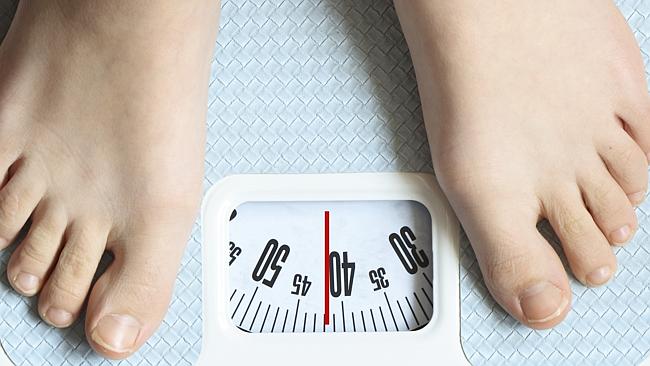We name the best diets of 2015. Source: Supplied
2014 gave us paleo, anti-sugar and banting diets. So what ‘diet’ trends can we expect to hear about in 2015? And what actually works?
Kathleen Alleaume, a nutrition and exercise scientist and author of What’s Eating You?, tells all.
DASH
DASH, which stands for Dietary Approaches to Stop Hypertension, has been named the best overall diet for the fifth consecutive year by the U.S. News & World Report due its nutritional completeness, safety, ability to help diabetes, lower risk of stroke, heart failure, and osteoporosis, and support healthy weight loss.

DASH sounds complicated, but it’s basically common sense. Source: Supplied
The plant-centric diet is ideal for those who don’t want to restrict any of the food groups, and is suitable for both meat-eaters and vegetarians to follow.
The eating plan is rich in fruits, vegetables, legumes, fish, poultry, nuts, wholegrains, moderate in low-fat dairy, red meats, sweets, and has a strong focus on foods high in calcium, potassium, and magnesium — important nutrients that help to regulate blood pressure.
Flexitarian
It’s a hybrid term that encompasses two ideas: vegetarian and flexible. In other words, a flexitarian is someone who eats a mostly a plant-based diet, but includes the occasional juicy steak or Sunday roast when the urge kicks in. This style of eating allows people the flexibility they can adapt to their lifestyle, social life or health conditions.

Flexitarians are mostly vegetarian, but they enjoy the occasional steak. Source: Supplied
Benefits? Longevity. According to a study published in the American Journal of Clinical Nutrition found that semi-vegetarians live on average 3.6 years longer than meat eaters because they consume more fibre, antioxidants and good fats.
According to World Cancer Research Fund (WCRF), individuals who eat red meat should consume less than 500g cooked red meat per week as the consumption of red meat and processed meat is convincingly associated with a modest increased risk of bowel cancer. However due to the health and nutritional benefits associated with the consumption of lean red meat, such as providing a valuable source of protein, iron, zinc, B-group vitamins and omega-3 fats, the Australian Dietary Guidelines similarly indicate a consumption of 455g per week, which is the equivalent of a small 65g serve each day — though many people would choose to have a larger portion less frequently.
The Volumetrics Diet
Pioneered by nutrition professor Barbara Rolls, the volumetrics diet
operates on the principle that we tend to eat the same weight, or amount of food each day, regardless of how many calories you take in.

The apple might weigh more — but is it as filling? Followers of the volumetrics diet think so. Source: Supplied
This style of eating means filling your plate with more low energy-density, nutrient-rich foods, such as foods with a high water and fibre content. Think fruit and vegetables. These foods can fill you up without making you fat. In other words, you end up eating less food without feeling hungry or dissatisfied, thus promoting weight loss. It’s all about getting more out of what you put in.
Mediterranean Diet
The Mediterranean diet continues to receive attention from nutrition researchers all over the world linking the diet to a decrease in mortality rates and, more specifically, to reduced rates of heart disease, Alzheimer’s disease, cancer, diabetes and other serious health problems.
A typical pattern of eating favours fruit and veg, mono-unsaturated fat (olive oil), whole (unprocessed) grains, nuts, legumes (peas, beans and lentils), a moderate intake of fish, but a lower intake of dairy products, meat and poultry; and regular but moderate intake of alcohol (specifically wine with meals).

The Mediterranean is rich in fresh fruit and veggies, whole grains, legumes and moderate levels of oily fish, olive oil and dairy products. Source: News Corp Australia
My Advice:
For most, the prospect of eating healthier may be synonymous with dieting. However, the problem is when a person decides to lose weight and then refers to that weight loss attempt as a ‘diet’, the quest is often viewed as a short-term solution to overcome a very long-term problem of eating the wrong foods or excessive amounts of food.
While dietitians are unlikely to “prescribe” any of these diets, health experts all agree on similar core principles (which is no surprise): eat more plants, cut down on processed food and red meat, and exercise more — an approach (that most people know subconsciously) is the real key to long-term health.

Nutritionist and exercise scientist Kathleen Alleaume. Source: Supplied
Kathleen Alleaume is a nutrition and exercise scientist and author of What’s Eating You? @therightbalance
Originally published as The best new tricks to lose weight

